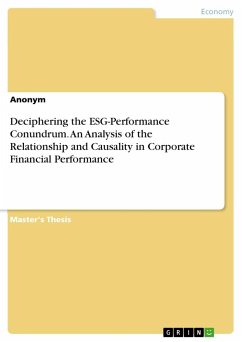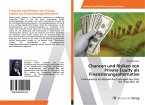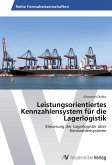Inhaltlich unveränderte Neuauflage. The book examines the formation and transformation of the Chinese exportled footwear industry from a political-economic perspective. In particular, it explains why Taiwanese businessmen succeeded in developing the industry while Nike, the largest shoe producer in the word, failed. Several theories are explored, rooted in neoclassical economic, new institutional economics, new institutional sociology, and new economic sociology, to explain why the Taiwanese but not Nike succeeded in China. But these explanatory models are all found wanting. Instead, the thesis demonstrates that a model of markets as politics and fields, one that emphasizes the role of power, best accounts for the origin, evolution, and transformation of the Chinese exportled footwear industry. A stable status hierarchy, comprised of Taiwanese footwear producers, local officials, and migrant laborers, created a business environment that solved uncertainties embedded in the Chinese economic transition. The Taiwanese producers and local officials were less powerful than large firms and the state, despite being deeply involved in the Chinese economic miracle, but by developing alliances with local political officials, Taiwanese business, with local political support, transformed China into the leading footwear producer in the world.
Hinweis: Dieser Artikel kann nur an eine deutsche Lieferadresse ausgeliefert werden.
Hinweis: Dieser Artikel kann nur an eine deutsche Lieferadresse ausgeliefert werden.








